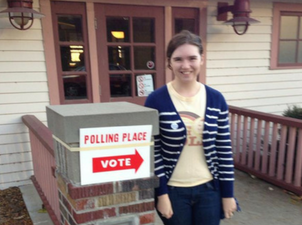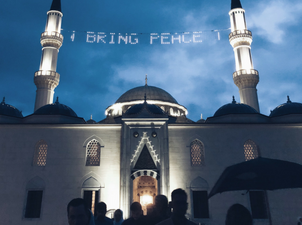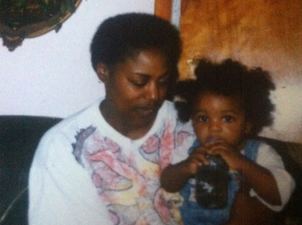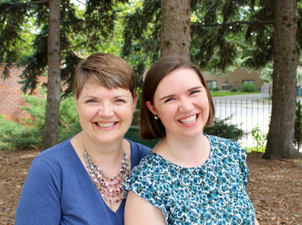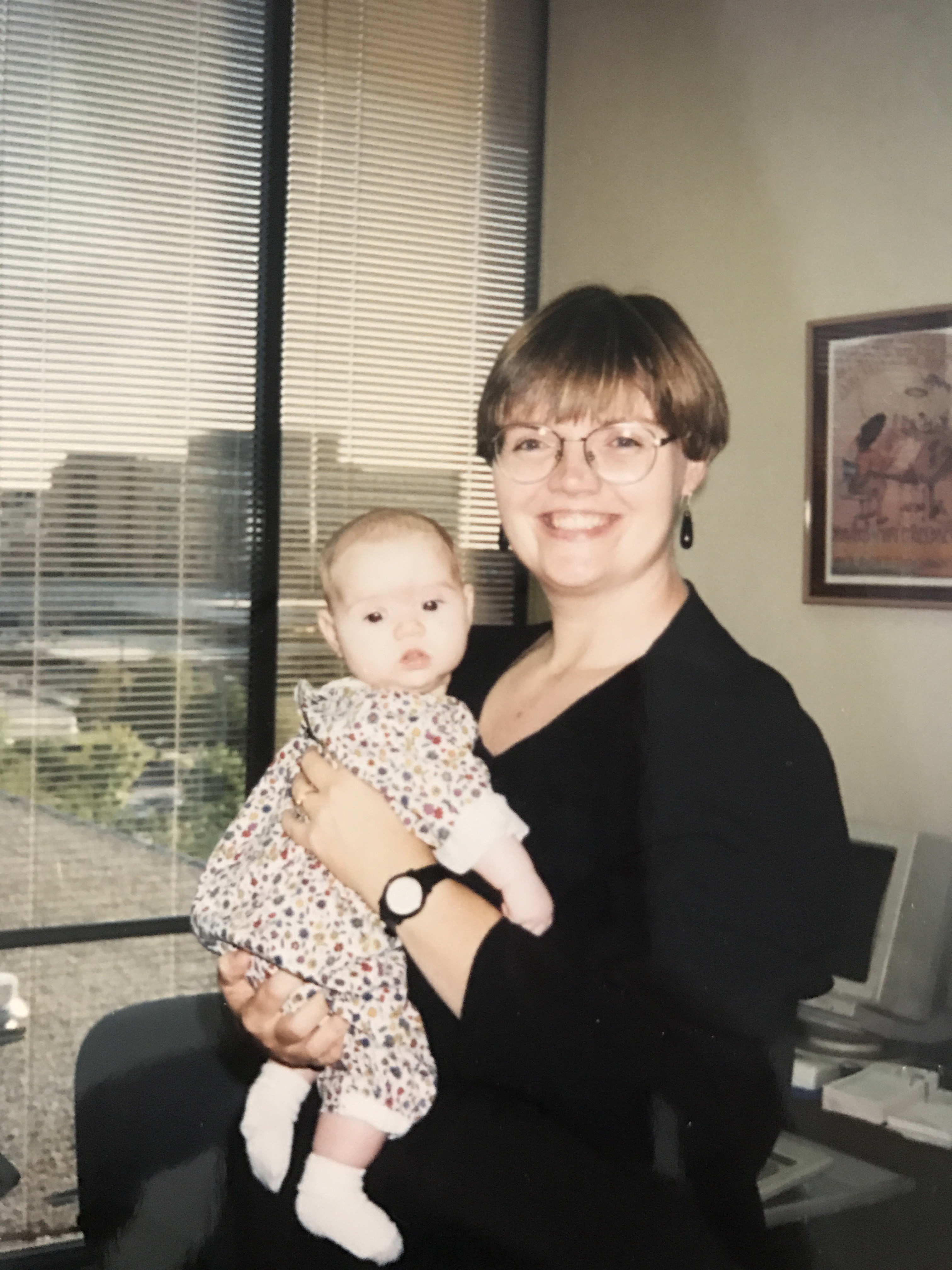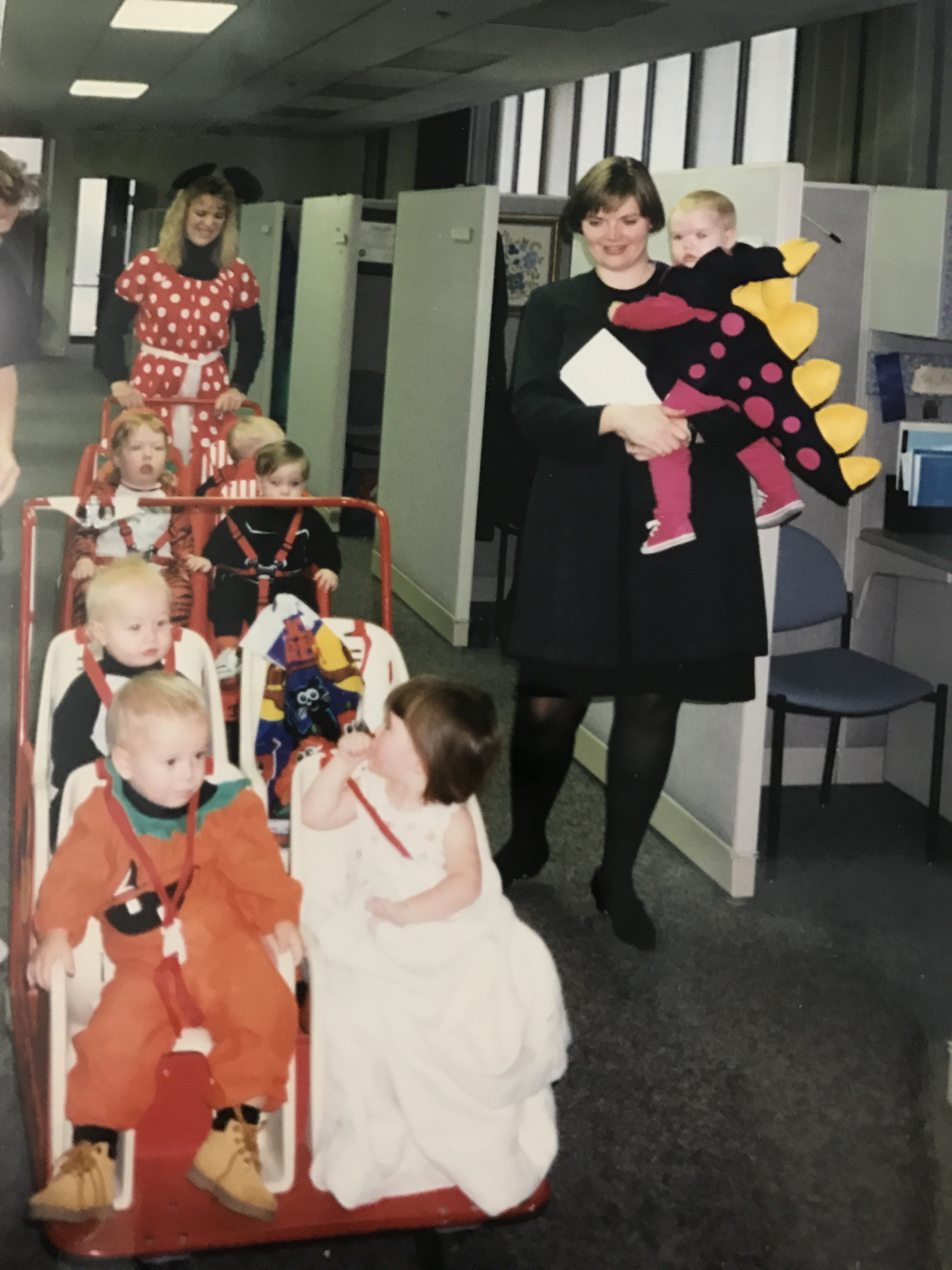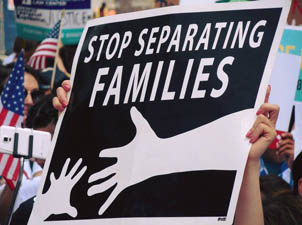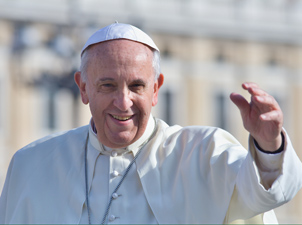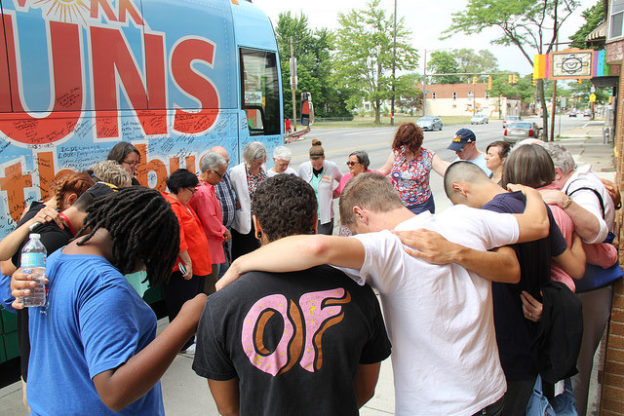
The Right to Vote: Then and Now
Claudia Brock
June 6, 2018
Every election my mom likes to remind my sister and me of the time we accompanied her to vote in the 2000 presidential election. At the ages of 4 and 6, we were convinced that voting was one of the most glamorous and exciting things an adult could do. After all, you had to be 18 and you got to have a say in who ran the country. On Election Day, my sister and I donned our finest tutus and costume jewelry to accompany our mom to the polls for this truly sophisticated event. Imagine our disappointment when we walked into our local elementary school’s cafeteria and waited as our mom went into the voting booth, only to head out the door five minutes later. I’m not sure what my sister and I hoped to see, but we were grossly unimpressed.
When I voted for the first time in the 2012 election, the experience was completely different—entering a voting booth at a local park pavilion felt plenty exciting. I had carefully researched all of the candidates on the ballot and even called my county election commission to make sure I could bring my notes into the booth with me. I took, and still take, my right to vote very seriously because not only do I help elect leaders I think will benefit my community, but I also understand that thousands of women fought for my right to be in the voting booth.
The Nineteenth Amendment, which prohibits states and the federal government from denying the right to vote on the basis of sex, was originally introduced in Congress in 1878 and was finally passed 41 years later on June 4, 1919 and submitted to the states for ratification. Suffragettes had marched, protested, and lobbied for the inclusion of women in the vote since the 1848 Seneca Falls Convention in New York. For 71 years, these women built a grassroots movement, but they also were imprisoned, endured physical and sexual assaults, were disowned from their parents, and had their parental rights terminated as a result of their work and beliefs.
Despite their work for greater access to democracy, these women failed to address the dual oppression of racism and sexism faced by Black women. Suffragettes barred Black women from the movement and presented voting rights as an extension of white supremacy to make it more palatable to other white Americans. It was not until the Voting Rights Act of 1965, which outlawed discriminatory polling laws like voting taxes and literacy tests, that Black women secured the right to vote.
In the United States, those who vote have more representation than those who do not. This is a problem when you consider that there are still efforts to suppress the votes of people of color, including the dismantling of the Voting Rights Act, strict voter ID laws, racial gerrymandering, polling place intimidation, voting roll purges, and more. As I reflect on my first time voting, I realize my experience was ripe with privilege: I had the time and resources to go to the polls, my name was not purged from the voting roll, I was not asked to show ID, I was not harassed at the poll, and there were enough poll workers present so my voting lasted only 10 minutes.
Voting is a great step in reducing inequality of all kinds and achieving racial equity through public policy. It plays a large role in the allocation of government resources, who benefits from public policies, and the size of government. If you are able to vote, you should! You can register here. Around the anniversary of the passage of the Nineteenth Amendment, use your voice to advocate for voting rights to create a more perfect and inclusive union.







